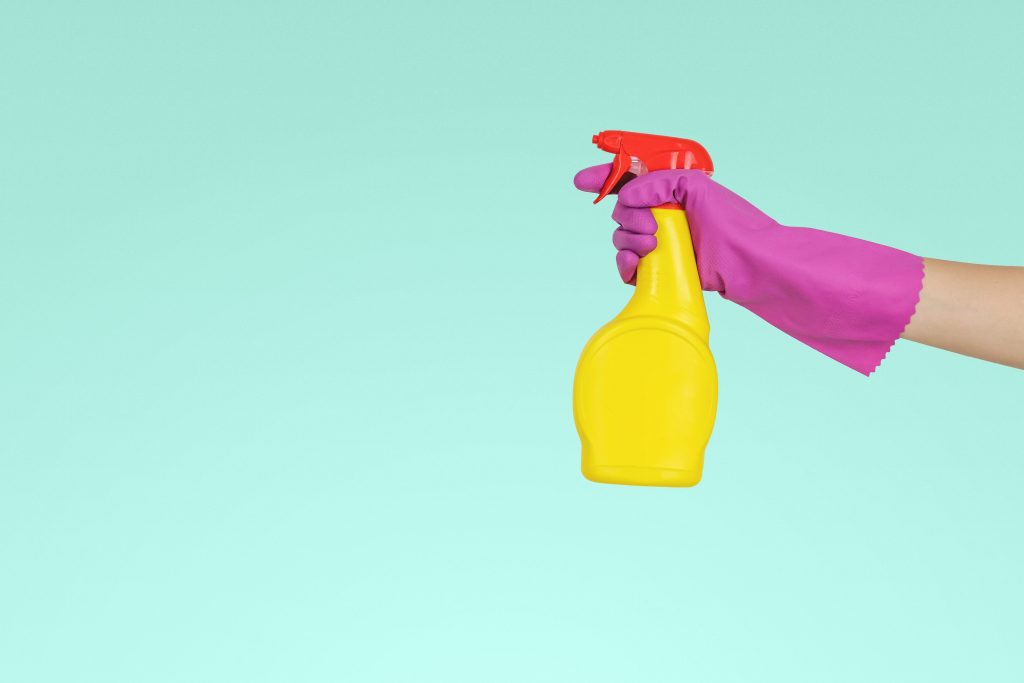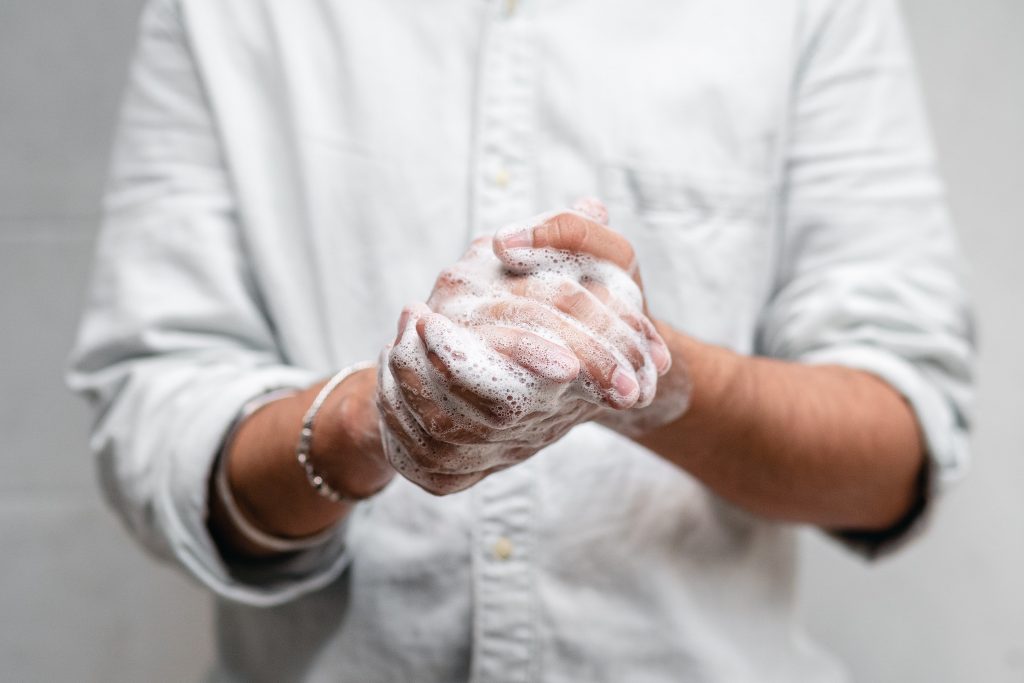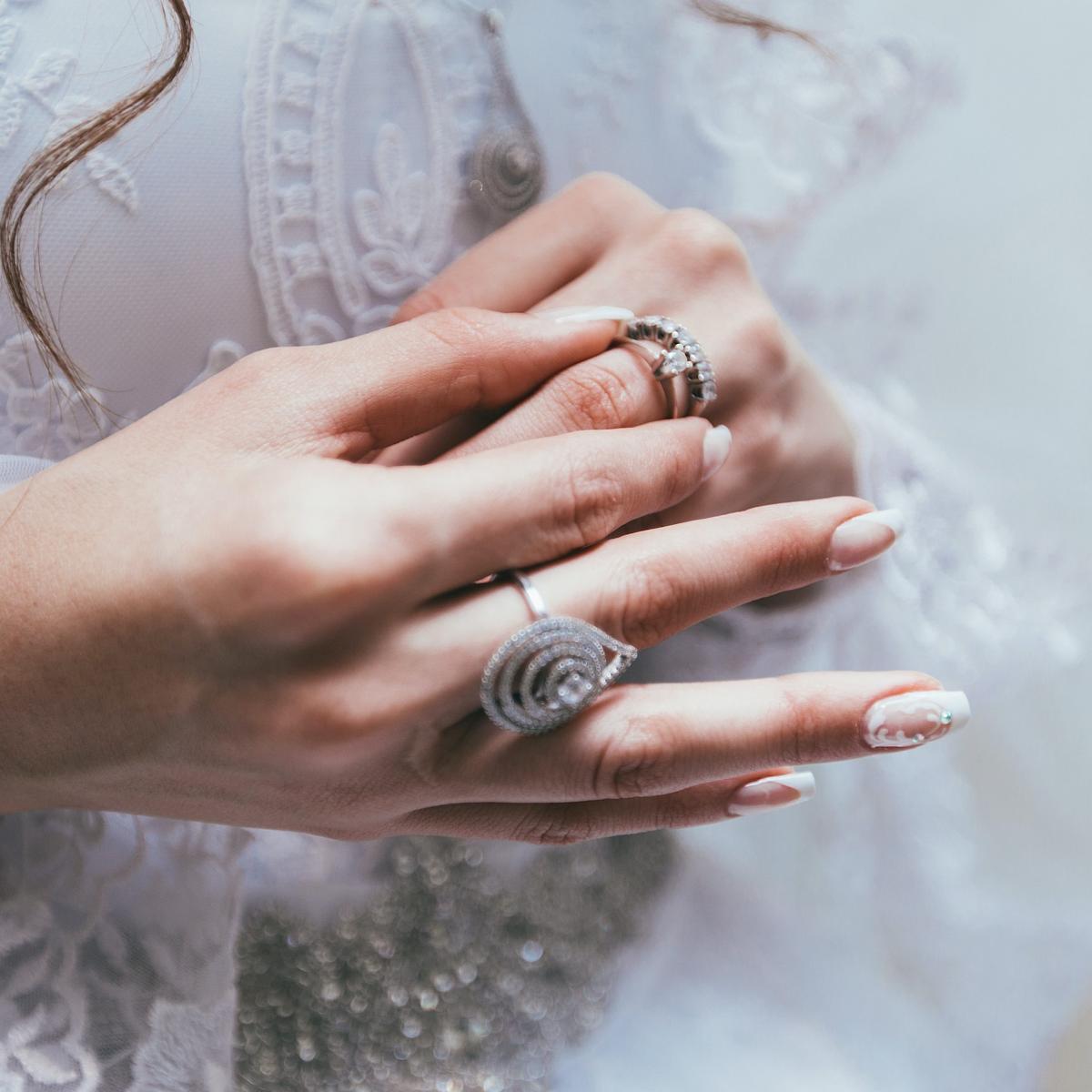How to Care For Your Diamond Jewelry
Diamonds are impressively durable, but diamond jewelry still needs to be handled with care. While it’s hard to damage a diamond, it’s easy to accidentally dull its shine. It’s also all too easy to harm the other, less hardy materials in diamond jewelry, such as precious metals and colored gemstones.
If you’d like to learn how to keep your diamond jewelry safe and shining brightly, read on. These ten diamond jewelry care tips will teach you how to handle, clean, and store diamond jewelry in order to protect it from damage and grime.
Avoid Touching Diamonds With Your Hands
Oil sticks to diamonds naturally. This both dirties and dulls diamonds, as oil buildup creates a cloudy film that dulls a diamond’s brilliance and fire.
All oils will stick to diamonds— including the oils that naturally occur in your skin. To keep your diamond jewelry shining in between cleanings, avoid touching your diamonds with your fingers whenever possible.
Clean Diamond Jewelry Regularly
To keep your diamond jewelry looking its best, clean it at home once or twice a week using the soap and water jewelry cleaning method. This method has four steps: soaking, gently scrubbing, rinsing, and drying. First, make a degreasing solution by combining warm water with a few drops of gentle dish soap in a bowl. Soak your jewelry in your solution for around 20 minutes. Then, remove your jewelry and gently scrub it with a new soft toothbrush. Don’t forget to clean the back of the diamonds. Next, rinse your jewelry in a bowl of clean warm water. You can also rinse your jewelry under running water, but be sure to plug your drain before doing so. Finally, dry off your jewelry with a soft cloth or allow it to air dry.
Don’t Use Abrasive or Harsh Household Cleaners
A crucial part of proper jewelry care is keeping your jewelry far away from things that can damage it, which includes many household cleaners.
Household cleaning products often contain harsh chemicals and abrasive ingredients that can damage diamond jewelry. Abrasive ingredients can easily scratch precious metals and softer gemstones, while harsh chemicals can discolor and permanently damage precious metals.
Some chemicals that are especially harmful to fine jewelry include chlorine, bleach, and ammonia. Chlorine and bleach will not only discolor precious metals but also disintegrate them. Ammonia, the main ingredient in most window cleaners, can discolor metals and damage treated gemstones, including treated diamonds.
Please note that even natural cleaners can be too harsh for fine jewelry. For example, baking soda will scratch gold and vinegar will dissolve pearls. Natural doesn’t always mean gentle. To avoid accidentally damaging your jewelry, don’t clean it with anything other than warm water, gentle soap, and a new soft-bristled toothbrush.

Visit a Jeweler for Professional Cleanings
Frequently worn diamond jewelry, such as diamond engagement rings and wedding rings, should be professionally cleaned at least once or twice a year. A professional jeweler can clean your jewelry deeply and thoroughly. Even more importantly, a jeweler can inspect your diamond settings and ensure you don’t have loose prongs or any other issues that would put you at risk of losing a gemstone.
Avoid At-Home Ultrasonic Cleaners
Most jewelers warn against using at-home ultrasonic jewelry cleaners because they come with a high risk of damaging your jewelry. At-home ultrasonic cleaners work by vibrating your jewelry. This will get your diamond jewelry clean, but it can also loosen your diamond mountings, putting you at risk of losing your diamonds. Ultrasonic cleaners can also discolor heat-treated gemstones, break highly included gemstones, and erode softer gemstones.
Remove During Hands-On Activities
Take off your diamond jewelry before engaging in rigorous or hands-on activities like exercising, gardening, dishwashing, playing sports, cleaning, moving furniture, and so on. Doing this minimizes the risk of you damaging your jewelry by striking it, snagging it on something, or exposing it to harsh chemicals. It will also keep your jewelry cleaner for longer.
Don’t Swim While Wearing Jewelry
It’s never a good idea to swim while wearing diamond jewelry. For one thing, this puts you at a high risk of losing your jewelry. If your diamond stud earring falls off while you’re swimming in the ocean, it’s probably gone for good. Be aware that rings are particularly prone to falling off in cold water since your fingers shrink slightly when cold. Another reason to avoid swimming while wearing your jewelry is to avoid exposure to harsh chemicals that can damage your jewelry, such as the chlorine found in most hot tubs and swimming pools.

Minimize Exposure to Cosmetic Products
If you want to keep your diamond jewelry looking as clean and sparkly as possible, minimize its contact with cosmetic products. Things like lotion, makeup, perfume, and hairspray will gradually create a buildup on your jewelry, dulling its brilliance and luster.
Have White Gold Jewelry Replated
Most white gold jewelry is coated in a thin layer of rhodium, a bright white and beautifully shiny precious metal. Over time, rhodium will wear off white gold jewelry, exposing the slightly yellow white gold below. When this happens, simply take your white gold jewelry into your jeweler for rhodium replating.
Store With Care
There’s more than one good container for storing diamond jewelry, but one of the best is in a compartmentalized jewelry box with a soft lining. A soft lining will help keep your precious metal free from scratches. Then, compartments will help keep diamond jewelry away from other pieces of jewelry that your diamonds can easily scratch. If you’re searching for a short-term storage solution for frequently worn diamond jewelry, a ring dish or ring box is another good option. Whatever container you settle on, store it in a safe place away from heat, moisture, and open drains.


